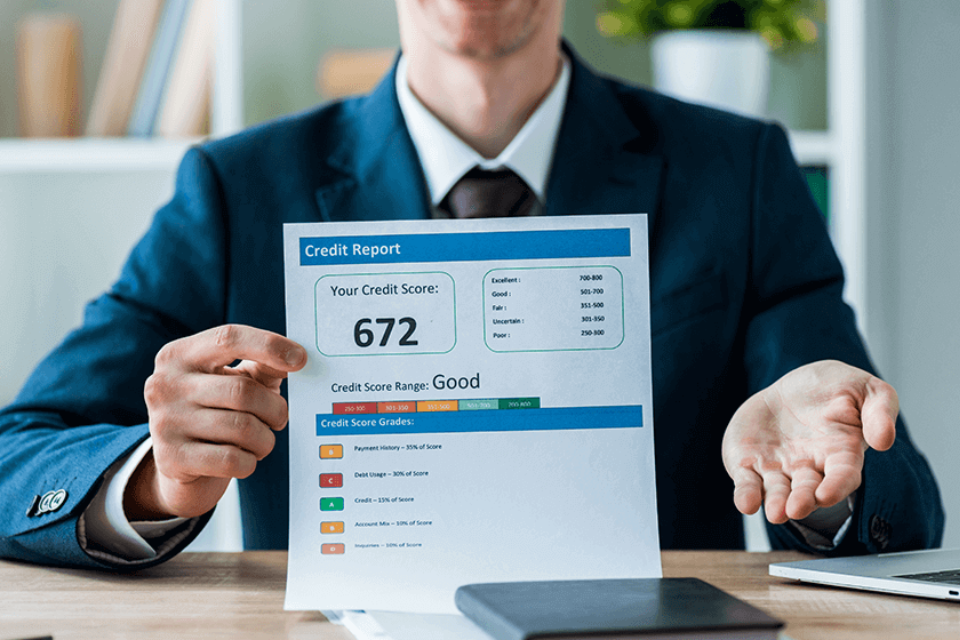Have questions or problems with your credit report? It’s crucial to know how to get in touch with the credit bureaus. The three main credit bureaus—Equifax, Experian, and TransUnion—assemble credit data into reports that are used to determine credit ratings. Contacting them directly is essential if you find errors or require clarifications. The contact information for each major credit bureau is listed below.
Reasons You May Need to Contact a Credit Bureau:
There are several reasons why you might want to get in touch with a credit bureau. Direct contact is required if you utilize their goods or services, need customer service, or want to cancel subscriptions. Furthermore, you might contact the bureaus if you want to dispute inaccurate credit report items or receive more information about certain entries. Identity theft victims may need to put fraud alerts or security freezes on their credit reports, which necessitates getting in touch with the bureaus.
How can I contact Equifax?
- To obtain a copy of your credit report, call 1-866-349-5191 seven days a week between 8 a.m. and 12 a.m. Eastern time. You can also visit Equifax’s website or send your request by mail to Equifax Information Services LLC, PO Box 740241, Atlanta, GA 30374-0241.
- To file a dispute, dial 1-866-349-5191 seven days a week between 8 a.m. and 12 a.m. Eastern time. Alternatively, you can send a letter with your complaint to Equifax Information Services LLC, PO Box 740256, Atlanta, GA 30374-0256.
- To receive a fraud alert, call the automated service line at 1-888-836-6351, which is open seven days a week from 7:30 a.m. to 1:30 a.m. Eastern time. Contact 1-888-EQUIFAX for help.
- Call 1-888-298-0045 between 8 a.m. and 12 a.m. Eastern time, seven days a week, to seek a security freeze, or send a letter to Equifax Information Services LLC, P.O. Box 105788, Atlanta, GA 30348-5788.
- Call 1-888-548-7878 to get in touch with TrustedID Premier, Lock & Alert, or the 2017 Equifax Cybersecurity Incident. For information on other products, contact 1-866-640-2273, which is open seven days a week from 8 a.m. to 3 a.m. Eastern time. Call 1-888-567-8688 to unsubscribe from mailing lists.
How can I contact Experian?
- You can order a copy of your credit report by phone at 1-888-397-3742 or online.
- To file a dispute, send a letter to Experian at P.O. Box 4500 in Allen, Texas, 75013, or contact the number provided on your Experian credit report.
- Dial 1-888-397-3742 to report fraud or identity theft.
- For questions about MyExperian products, dial 1-479-343-6239 for other Experian products. Monday through Friday, from 6 a.m. to 8 p.m. Pacific Time, and Saturday, from 8 a.m. to 5 p.m. Saturday and Sunday are Pacific time.
- To Unsubscribe from Mailing Lists: Call 1-402-458-5247, send an email to [email protected], or send a letter to Experian Marketing Services with your request. Opt-out Services, Attention: P.O. Box 80128 Lincoln, Nebraska 68521
How can I contact TransUnion?
- Visit AnnualCreditReport.com to order a copy of your credit report online.
- From 8 a.m. to 11 p.m. Eastern time, Monday through Friday, dial 1-833-395-6941 to file a dispute. Alternatively, you can submit your documents to TransUnion Consumer Solutions, Chester, PA 19016-2000, PO Box 2000.
- To obtain a Fraud Alert, send your request to TransUnion Fraud Victim Assistance, P.O. Box 2000, Chester, PA 19016, or call 1-800-680-7289 from 8 a.m. to 11 p.m. Eastern time.
- Regarding Security Freezes: From 8 a.m. to 11 p.m. Eastern time, complete the process online or by calling 1-888-909-8872. Send your letter to TransUnion, PO Box 160, Woodlyn, Pennsylvania 19094.
- To obtain additional TransUnion products, call 1-833-806-1626 from 8 a.m. to 9 p.m. Eastern time, Monday through Friday, or from 8 a.m. to 5 p.m. Eastern time on Saturday and Sunday. Call 1-855-260-9279 for TrueIdentity help during certain times.
- You can use OptOutPreScreen.com or dial 1-888-567-8688 to unsubscribe from mailing lists.
Take a look at your credit reports.
It’s important to know how to contact the credit bureaus, but it’s also important to check your credit reports frequently. Verify the accuracy of each bureau’s report because mistakes may result in lower credit ratings, loan rejections, or higher interest rates. Start a dispute with the relevant bureaus if you discover errors. Your credit reports and scores will be more accurate when you make corrections, giving you the opportunity to appropriately represent your creditworthiness to prospective lenders.
